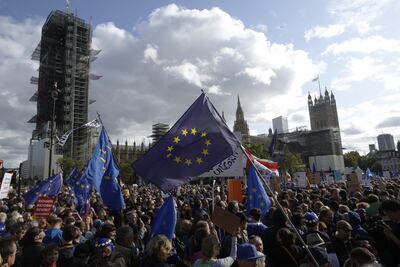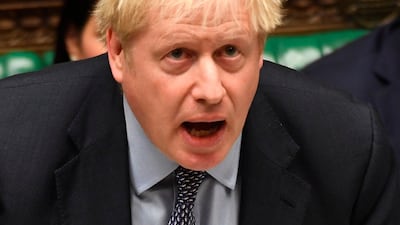About 2,200 years ago, the greatest general of the time and the most feared military tactician was Hannibal Barca. An aristocrat from the north African city of Carthage, Hannibal had marched his armies from what is now Tunisia through Spain and France and threatened to destroy Rome itself. For several years, he occupied Roman territory and terrified opposition military commanders by using elephants in combat. The fact that Hannibal managed to cross the Alps with his elephants gives an idea of his extraordinary logistical and military abilities. And yet, Hannibal lost. Had he won the Second Punic War between Carthage and Rome, the future of Europe would have been utterly different. Instead of Roman laws and culture, and Latin as the language of diplomacy and scholarship, Carthage and a different set of north African values and systems would have conquered a large slice of southern Europe.
But while the name Hannibal lives on – albeit in movies such as Silence of the Lambs – the Roman who defeated him is generally forgotten, except by scholars. The winner of the Second Punic War, which led to the destruction of Carthage and the triumph of Rome as Europe's most important city, was Quintus Fabius Maximus Verrucosus, better known as Fabian Cunctator or Fabian the Delayer, who lived about 280BC. Fabian is sometimes credited with being the inventor of guerrilla warfare. Rather than attacking Hannibal's overwhelming forces in one major battle, Fabian delayed – and delayed. He used smaller, harrying attacks to wear down Hannibal's army and eventually secured victory for Rome.
And that brings me – yet again – to Brexit. In Britain, governments and prime ministers have considerable power – the formidable power of the British state – at their disposal. But as prime minister Boris Johnson tried to rush the UK into his plan for leaving the European Union, the delaying tactics of modern-day Fabians have been much in evidence. Another House of Commons defeat for Mr Johnson has provoked yet another delay, forced on the government by the apparently inferior forces lined up against him.
The prime minister who said he would rather "die face down in a ditch" than secure yet another Brexit extension, because leaving the European Union by October 31 this year was "do or die", is finding that in government, the facts sometimes matter more than bold phrases and stirring rhetoric. With an almost childish display of peevishness, Mr Johnson has sent a letter requesting a delay to his plans to leave the EU on October 31 – but he refused to sign the letter. Then he added other communications making clear (as if anyone was in any doubt) that he simply does not want the delay he is asking for. Today he tried and failed to mount another last-ditch attempt, despite Saturday's extraordinary parliamentary sitting, to force through his Brexit deal.

For a man who wanted to “take back control”, his fate and that of an entire country rests on decisions taken by 27 foreign leaders. Mr Johnson has marched his elephants towards his opponents and they have simply disappeared. As with ancient Rome, nothing is certain about the ultimate winner. But an estimated one million people marched on parliament at the weekend demanding a second referendum. And Mr Johnson, despite playing on the sense of fatigue many feel about the whole Brexit process, has profoundly irritated some of his once strong supporters.
Northern Ireland’s 10 Democratic Unionist Party MPs voted for Brexit, but the thing they care about most has been undermined by Mr Johnson – the union of the United Kingdom. The DUP are, rightly, very cross that Mr Johnson’s supposedly “Conservative and Unionist” government has signed a deal with the EU that in effect moves the border between Northern Ireland and the Irish Republic to between Northern Ireland and the rest of the UK. This, the DUP rightly fears, could be the beginning of the end for Northern Ireland within the UK, especially since Mr Johnson’s deal is equally loathed in Scotland, with which Ulster unionists have a strong cultural connection. Scotland now looks certain to demand a second independence referendum. And the incompetence of the British government continues with a bizarre statement from the foreign secretary Dominic Raab. He says: “It's a cracking deal for Northern Ireland because they've got seamless access to the EU single market.” As numerous people have pointed out, if it is a “cracking deal”, why isn’t it also the deal for Scotland, England and Wales?
And so we enter another week of negotiations and possibly another month or more before these preliminaries are finished. It’s worth repeating that even if Mr Johnson does get his deal through the House of Commons, it will merely mean a new set of negotiations to settle permanent future trade deals and other matters. That means engaging again with our European partners who – to put it mildly – are not impressed with things so far.
And despite all the bluster, Boris Johnson is less like Hannibal, a shrewd strategic genius, and more like one of his elephants – lumbering along, trumpeting a lot but ultimately failing to defeat his enemies. Victory may yet come to the delayers.
Gavin Esler is a journalist, author and presenter


